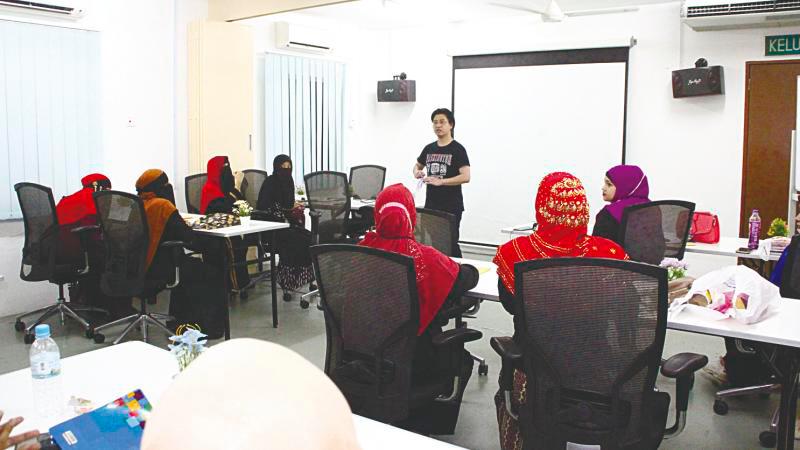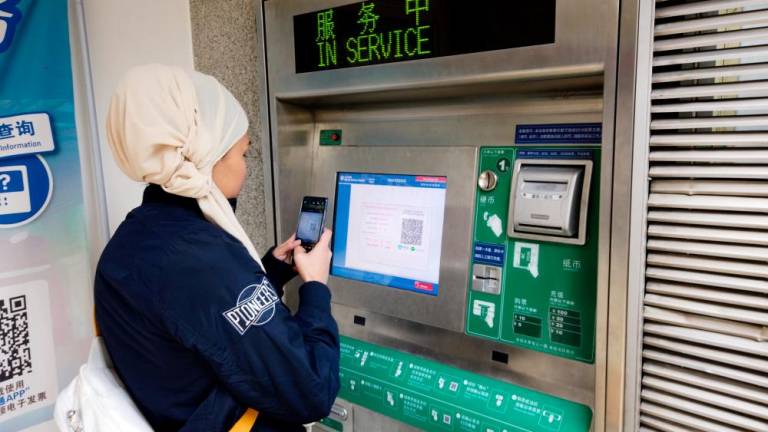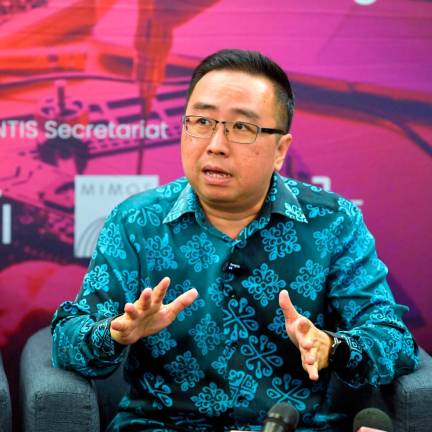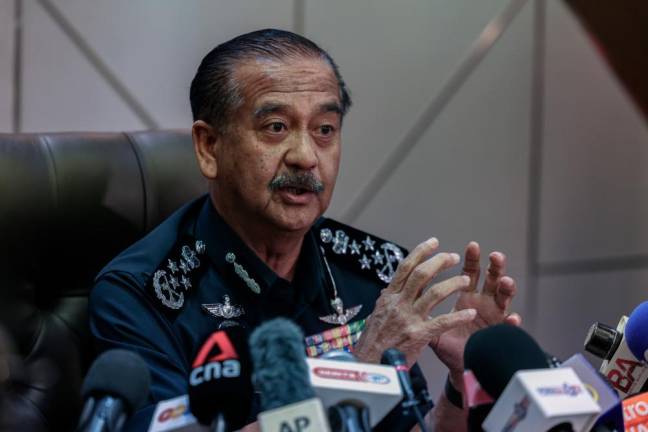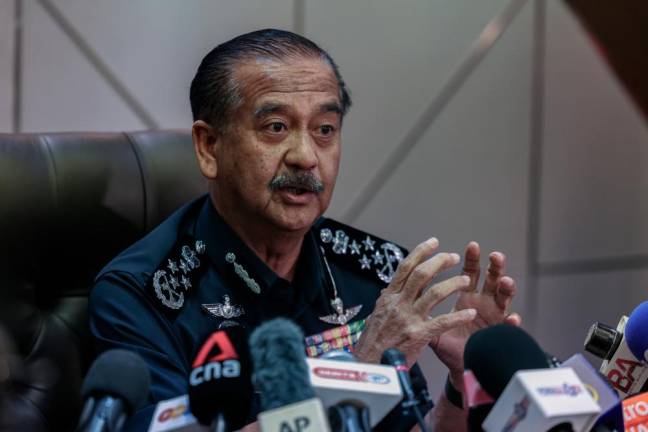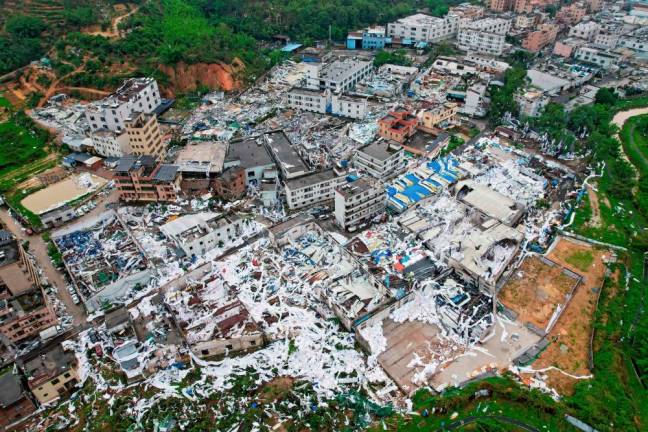AFTER enduring a tumultuous boat journey, refugees find themselves on foreign shores, with the promise of safety. However, reality hits and they are presented with another challenge.
According to Myanmarese refugee living in Malaysia, Tasmida: “Upon arriving, I could not communicate in English or Bahasa, making it difficult for me to travel using buses, trains or taxis.”
As of 2022, the United Nations Refugee Agency (UNHCR) reported a total of 182,960 registered refugees and asylum seekers in Malaysia, with 33% being women. Among them, women like Tasmida often remained confined to their homes, tirelessly caring for their families.
Due to language barriers, these women had to rely on male family members for shopping and moving around, unable to explore the world outside their homes.
The language barrier hinders them from improving their skills, leaving them isolated, which can lead to low self-esteem. This dependency on their husbands or fathers becomes particularly problematic when they encounter challenges.
During emergencies or instances of abuse, these women find it difficult to interact with the authorities and communicate their predicament effectively.
Recognising vulnerability
Selangor houses the largest community of refugees and asylum-seekers, totalling 70,101 people, with an additional number of refugees settling in Selayang.
The Selayang constituency, a semi-urban area, has been on the news due to ongoing disputes between the refugee community and their Malaysian neighbours.
The challenges faced by this marginalised community are being overshadowed by persistent xenophobia. However, adhering to the mantra of the Sustainable Development Goals (SDGs) – “no one should be left behind” – the Selayang constituency took a proactive step to address this issue through a social project.
The All-Party Parliamentary Group Malaysia for SDG (APPGM-SDG) selected the Association of Social Service and Community Development for the project due to its extensive experience in working with diverse demographics in Selayang.
Through talks between members of APPGM-SDG, Selayang Member of Parliament William Leong and founder of the Association of Social Service and Community Development Reverend Henry Sandanam, the challenges of the refugee women in this community were addressed.
These women were found to be in a vulnerable situation and needed to be empowered. Their lack of interaction with the surrounding society was due to the language barrier.
In addition, due to living in a male-dominated community, they often had limited say in household matters, with husbands making final decisions.
To address these issues, the male family members were approached to allow their womenfolk to participate in a workshop. In some instances, groceries were provided as an incentive to encourage their support.
Unifying tool
The 15 selected Rohingya refugee women, all UNHCR cardholders, expressed unanimous interest in learning Bahasa Malaysia instead of English.
They believed proficiency in Bahasa Malaysia would assist them in integrating better into Malaysian society.
According to the chief executive of UK-based NGO, Refugee Action, Stephen Hale: “Learning the local language is essential to end loneliness and enable refugees to rebuild their lives through work, volunteering and socialising with their neighbours.”
To cater to their specific needs, a 10-session programme was designed for these women. The module placed a greater emphasis on spoken Bahasa Malaysia, allowing them to better assimilate into the community and engage in conversations with the locals.
At the outset of the programme, UniKL trainers evaluated the participants and a facilitator from the refugee community, who was well-versed in Bahasa Malaysia, was selected to enhance the learning experience.
At the programme’s conclusion, an oral test was conducted by the trainer, confirming its success as the women could now confidently converse in the language.
However, even more noteworthy was the improved relationship between the refugee women and the neighbourhood. With the new-found ability to communicate in Bahasa Malaysia, the gap between them and their neighbours was bridged.
As the daughters, mothers and wives of the refugee community continue to practise and improve their language skills, promising opportunities await them in the future.
President and executive director of Women For Refugees Davina Devarajan emphasised the importance of tailored support for women in the refugee community, focusing on their unique needs and stories.
“By providing such assistance, women are empowered, leading to a ripple effect that promotes equality and reduces dependency on male counterparts,” she added.
This project is an example of how multiple parties collaborate to understand the challenges faced by Rohingya refugee women and offer them the necessary help.
As a result, these women were able to master a new language, enabling them to step out of their comfort zone to care for their families, fulfil their needs and become catalysts for positive change within their communities.
This article was contributed by mySDG Academy, the training arm of the All-Party Parliamentary Group on Sustainable Development Goals. Its goal is to increase awareness and disseminate valuable insights about individuals and organisations working towards the promotion of SDGs. Comments: letters@thesundaily.com



